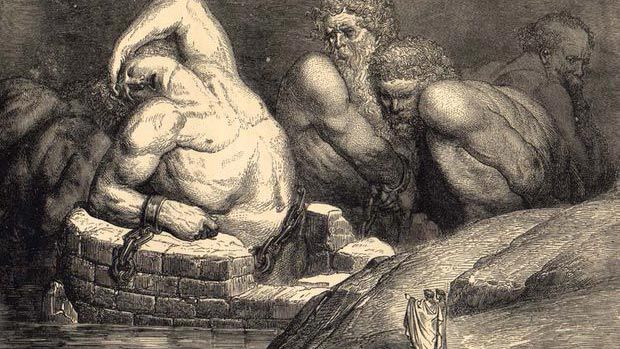As long as a person persists in the error of believing to be one unique individual, it is evident that radical change would be more than impossible.
The very fact that the esoteric work begins with the observation of oneself is indicating to us a multiplicity of psychological factors, “I’s” or undesirable elements that need be urgently extirpated, eradicated from our interior.
Unquestionably, it would not be possible in any way to eliminate unknown errors. It is urgent to previously observe that which we want to separate from our psyche.
This type of work is not external but internal and those who think that any manual of manners or external and superficial system of ethics can take them to success are, in fact, totally mistaken.
The concrete and definite fact that the internal work begins with attention, which is concentrated in the full observation of oneself, is more than enough reason to demonstrate that this demands a very particular and personal effort from each one of us.
Speaking frankly and bluntly, we emphatically affirm the following: no human being could do this work for us.
No change whatsoever is possible within our psyche without the direct observation of the whole sum of subjective factors that we carry within.
When the multiplicity of our errors is accepted as something factual, yet one discards the necessity of study and direct observation of the errors, it is an evasion or escape, an escape from oneself, a form of self-deceit.
Indeed, it is only by applying a rigorous effort and a judicious observation of the myself without evasions of any type, that we will be able to verify that we are not “one” but many.
To admit to the plurality of the “I” and to experience it through rigorous observation are two different aspects.
Someone could admit to the Doctrine of the Many “I’s” without ever having experienced it. The latter is possible only by carefully observing oneself.
To flee the work of inner observation, to seek evasions, is an unmistakable sign of degeneration.
Obviously, the goal of this work is precisely to achieve a gradual change in our internal life. Yet, as long as a human being holds onto the illusion that he is one and the same person, he cannot change.
Radical transformation is a defined possibility which is normally lost when one does not work on oneself.
The initial point of radical change remains hidden as long as the person continues believing himself to be one.
Those who reject the Doctrine of the Many “I’s” are clearly demonstrating that they have never observed themselves seriously.
The severe observation of the “myself” without subterfuges of any type, permits us to verify by ourselves the crude reality that we are not “one” but “many.”
Amidst the subjective opinions of this world, the diverse pseudo-esoteric or pseudo-occultist theories always become an alley we use to flee from ourselves…
Unquestionably, the illusion that one is always one and the same person serves as a hidden obstacle for self observation…

Someone could say: “I know that I am not one but many; Gnosis taught me this.” Yet, if a fully lived experience regarding this aspect of the doctrine does not exist, then such an affirmation, even if very sincere, would obviously be something merely external and superficial.
Therefore, what is fundamental is to perceive, to experience and to comprehend. Only thus is it possible to work consciously in order to achieve a radical change.
Hence, affirming is one thing and comprehending is another. When someone says: “I comprehend that I am not one but many,” if this comprehension is authentic and not merely insubstantial, vain wordiness of ambiguous chattering, then this indicates, points out, declares a full verification of the Doctrine of the Many “I’s.”
Knowledge and comprehension are different. Knowledge is of the mind. Comprehension is of the heart.
Therefore, the mere knowledge of the Doctrine of the Many “I’s” is good for nothing. Unfortunately, in these times in which we live, knowledge has gone far beyond comprehension. This is because the wretched intellectual animal, mistakenly called human being, exclusively developed the side of knowledge, lamentably forgetting the corresponding side of the Being.
To know the Doctrine of the Many “I’s” and to comprehend it is fundamental for any true radical change.
When a person begins to observe his inner self in detail, from the angle that he is not one but many, it is obvious that he has initiated a serious work upon his inner nature.
Samael Aun Weor
Subscribe to our news, promotions and getting started lessons!



